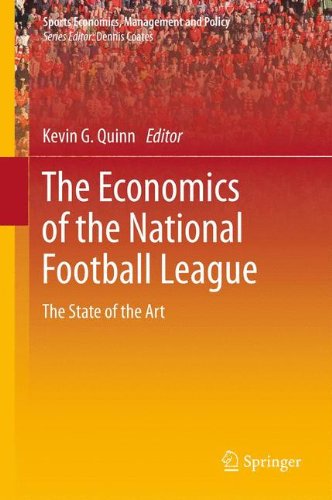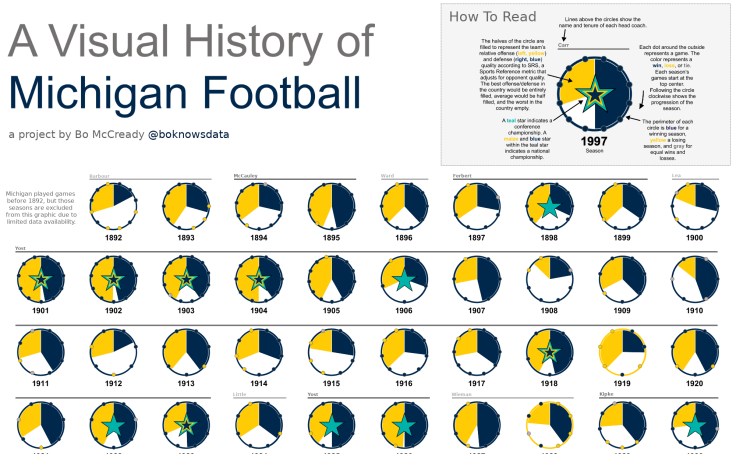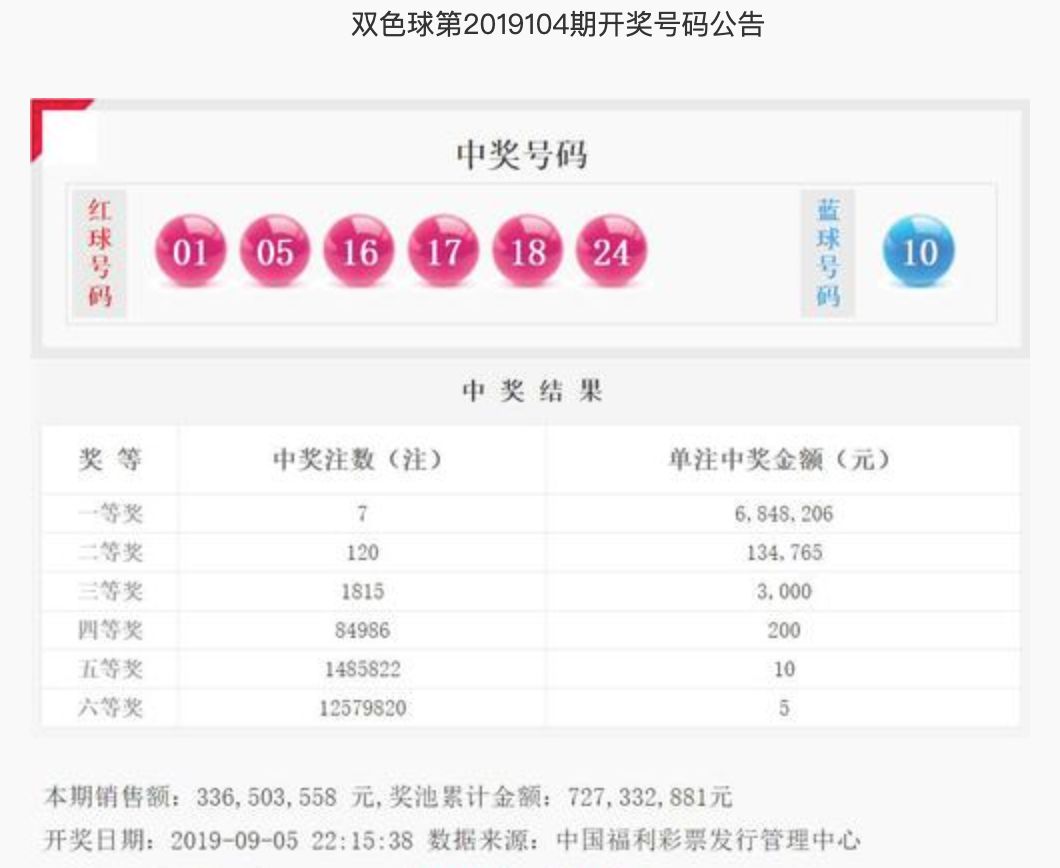In the realm of sports, few phenomena rival the global impact of football, also known as soccer in some parts of the world. This game, with its roots tracing back to 12th-century England, has evolved into a multibillion-dollar industry that transcends national borders, cultures, and age groups. Its influence extends beyond the field of play, shaping social dynamics, economic development, and even political agendas in many countries. This article delves into the cultural significance and economic impact of football, highlighting its role as a unifying force in a diverse and interconnected world.
Cultural Significance: A Language That Unites
Football is more than just a game; it's a language that transcends linguistic barriers. The simple act of two teams passing a ball back and forth evokes emotions and memories that transcend nationality. The chanting of fans, the sound of a whistle, and the thrill of a goal all create a shared experience that brings people together. In countries where football is deeply ingrained in their culture, it serves as a unifying force, fostering a sense of community and national pride. For instance, the World Cup, held every four years, becomes a global festival where people from diverse backgrounds come together to support their national teams, creating a temporary yet powerful bond.
Moreover, football promotes social inclusion by providing opportunities for people from all walks of life to participate. From street football in developing nations to professional leagues in developed countries, the game offers a platform for individuals to express themselves, develop teamwork skills, and even escape from daily struggles. The sheer accessibility of football makes it a truly democratic sport, where every child can dream of becoming the next Messi or Ronaldo.
Economic Impact: A Game Changer for Local Economies
The economic impact of football is undeniable. From stadiums and arenas to merchandise and sponsorships, the industry generates significant revenue for both national economies and individual clubs. The construction of state-of-the-art stadiums not only creates jobs during the construction phase but also becomes a tourist attraction, attracting visitors from around the world who contribute to the local economy through accommodation, food, and entertainment. Additionally, the presence of international teams during tournaments like the World Cup or the Champions League stimulates the local economy by boosting trade and tourism.
Beyond direct revenue generation, football also acts as a catalyst for economic development in regions that host major events. Infrastructure improvements such as roads, transportation systems, and hotels are often initiated or upgraded to accommodate the influx of visitors. These investments often have long-term benefits, improving connectivity and accessibility for locals and fostering a more vibrant local economy.
Media and Sponsorship: Amplifying the Reach
The global reach of football is further enhanced by its extensive media coverage. Television broadcasts, online streaming services, and social media platforms provide 24/7 coverage of matches, news, and analysis, turning even the smallest club games into events of global interest. This extensive coverage attracts advertisers and sponsors who see an opportunity to reach a vast audience. From car brands to energy drinks, companies invest heavily in football sponsorships to associate their brands with excitement, passion, and success. The resulting brand exposure not only boosts product sales but also reinforces corporate values that align with those of football fans worldwide.
Political Influence: A Tool for Diplomacy
In some instances, football has even played a role in diplomacy. Governments use football as a tool for international relations, organizing friendly matches between national teams or hosting international tournaments to foster goodwill and strengthen ties with other nations. The 2018 World Cup in Russia and the 2022 World Cup in Qatar serve as examples of how these events have become platforms for political leaders to meet and discuss matters of mutual interest while showcasing their countries' hospitality and infrastructure.
Challenges and the Future of Football
Despite its numerous benefits, football faces several challenges. The issue of corruption within some national associations and clubs has tarnished the image of the sport on several occasions. Additionally, the financial burden on clubs and national federations due to high player salaries and transfer fees has led to financial instability in some cases. To address these challenges, reforms are being implemented at both global (e.g., FIFA) and local levels (e.g., European Club Association), aiming to increase transparency, regulate transfers more fairly, and ensure sustainable financial health for all parties involved.
Looking ahead, the future of football seems bright as it continues to evolve alongside technological advancements. Virtual reality (VR), augmented reality (AR), and blockchain technologies hold the promise of enhancing fan experiences, improving match integrity through smart contracts, and revolutionizing player transfers by creating transparent marketplaces. Furthermore,...
















 京公网安备11000000000001号
京公网安备11000000000001号 京ICP备11000001号
京ICP备11000001号
还没有评论,来说两句吧...